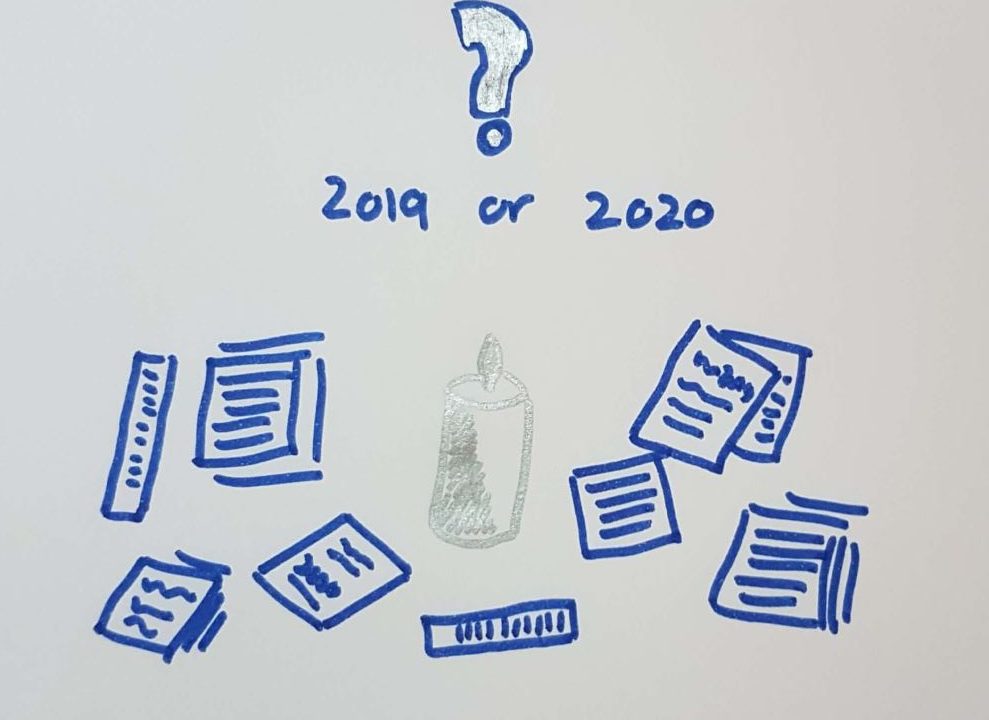

And just like cash, that card is an asset to you, meaning it’s something you’ll get a benefit from in a future period. You have buying power in the future that you can use when you need it. If someone gives you a Starbucks card as a gift, it’s almost like they’ve given you money, it’s just reserved for a certain use. This can be confusing, so let’s talk about why that is.Ī prepaid asset is a little like a Starbucks gift card (we’ll ignore the technical details of gift card accounting and personal coffee preferences for now). Why Are Prepaid Expenses an Asset on the Balance Sheet?Īs I just mentioned, prepaid expenses are also called prepaid assets and appear as current assets on the balance sheet. This records the actual use of one month of rent. For the journal entry, credit the prepaid expense account (also called a prepaid asset account) and credit the rent expense account. Now, you’ll create adjusting entries at the start of each month to record the expense (note: the first JE could happen right away, depending on when you make that prepayment).

Debit the prepaid expense account (prepaid rent) by the prepaid amount to increase it, then the cash account will be credited so the money going out is recorded. Your first bookkeeping entry will be when rent is paid. Although you’ve dished out $6k, you haven’t gotten the benefits of that expense yet, so you’ll record a prepaid expense and adjust it over time. Now let’s use prepaid rent (another common occurrence) to see how prepaid expenses are recorded.įor the sake of simplicity, say you pre-pay six months rent for a total of $6,000. We just reviewed prepaid insurance expenses as an example. Using prepaid expenses allows you to record the use of that insurance over the entire period and not just in the first month. In this case, you pay your insurance premium once but have insurance coverage for 6 months. This shows a much more true picture of your working capital, and, obviously, profitability. The matching principle says that expenses should be matched to the revenues they help create. It makes that first month appear far less profitable - because of the lump sum of that expense - and the next five months appear more profitable than they really are.Īccrual-based accounting follows GAAP (generally accepted accounting principles) and specifically, in this case, the matching principle. Unfortunately, this doesn’t give us a complete picture of what’s happening. While this is an expense, the prepayment requires you to record it in your books in a special way, assuming you use the accrual method.Ĭash basis small businesses will simply record the advance payment when it occurs. Let’s say that you pay upfront for 6 months on your business insurance policy. It’s common to pay for insurance more than one month at a time. One very common example of a prepaid expense is prepaid insurance. We’ll go over some examples of prepaid expenses and then take a look at how they’re recorded and why they’re recorded the way they are. Because the payment of the expense and its actual use to generate revenue aren’t all happening at once, this creates a prepaid expense, which is a current asset on your balance sheet (more on that in a minute). Prepaid expenses occur when you pay in advance for an expense that you’ll use up over more than one accounting period. What are prepaid expenses and how do they impact our books? Let’s look at prepaid expenses, how they’re recorded, and what effect they have on the financials. The answer to certain tax and accounting issues is often highly dependent on the fact situation presented and your overall financial status.We all know about expenses - those things that cut into our profits but seem to be a necessary evil. While the concepts discussed herein are intended to help business owners understand general accounting concepts, always speak with a CPA regarding your particular financial situation. Therefore, the information available via this website and courses should not be considered current, complete or exhaustive, nor should you rely on such information for a particular course of conduct for an accounting or tax scenario. Tax and accounting rules and information change regularly. Reliance on any information provided on this site or courses is solely at your own risk.
PREPAID EXPENSES APPEAR IN THE PROFESSIONAL
Accounting practices, tax laws, and regulations vary from jurisdiction to jurisdiction, so speak with a local accounting professional regarding your business. The content is not intended as advice for a specific accounting situation or as a substitute for professional advice from a licensed CPA. The content provided on and accompanying courses is intended for educational and informational purposes only to help business owners understand general accounting issues.


 0 kommentar(er)
0 kommentar(er)
